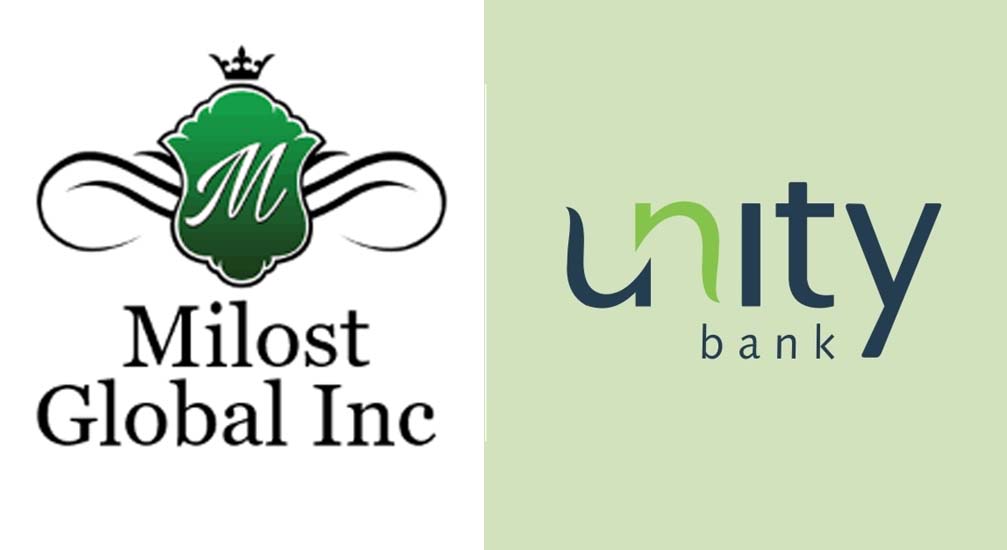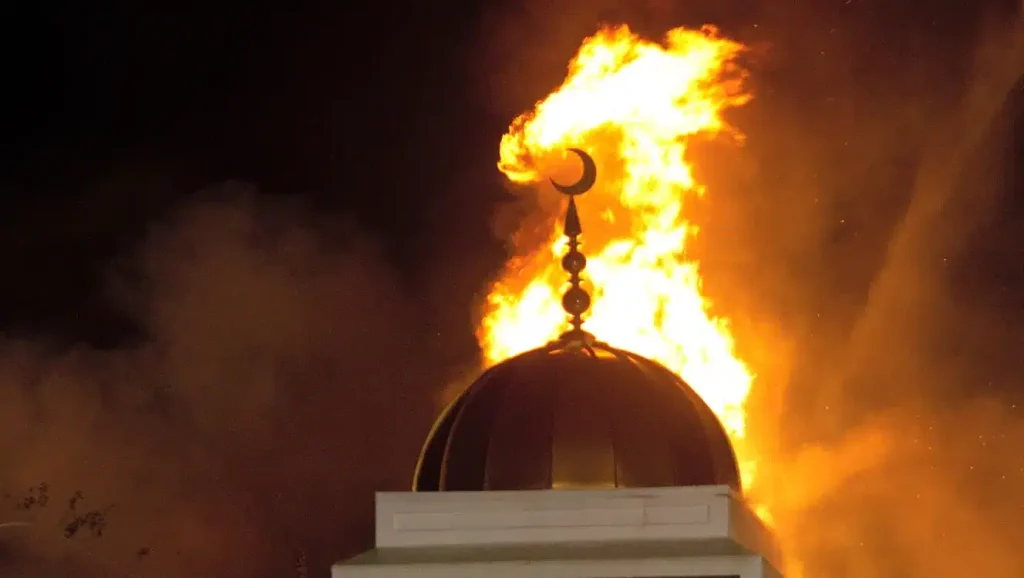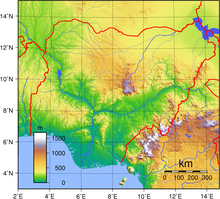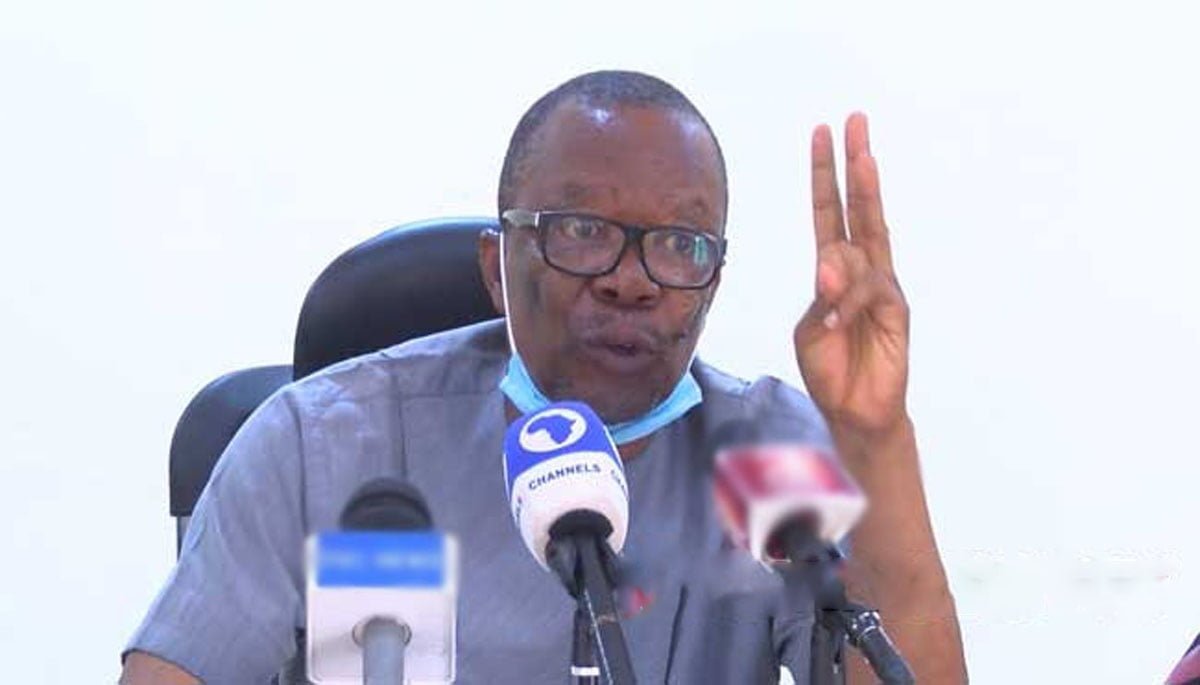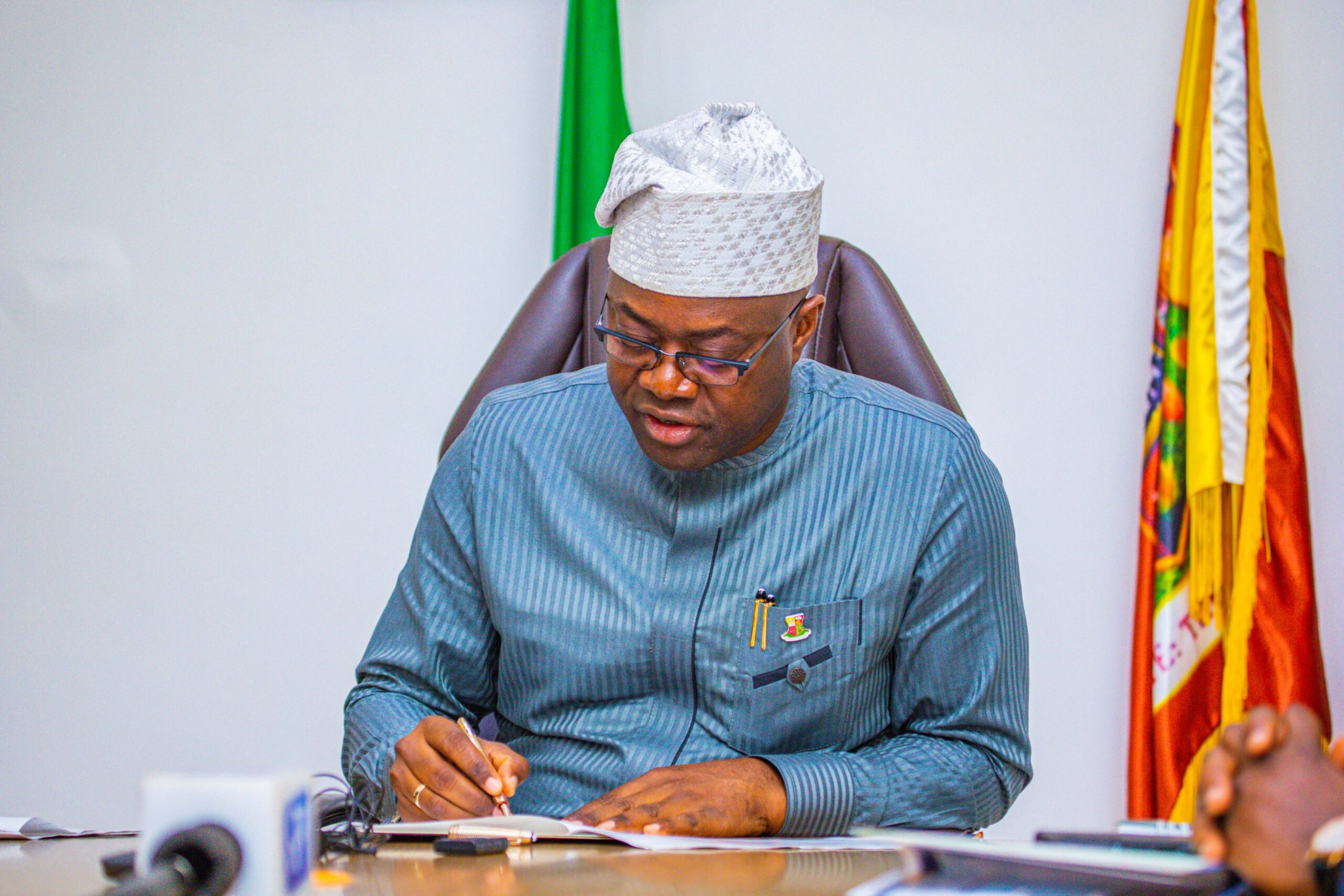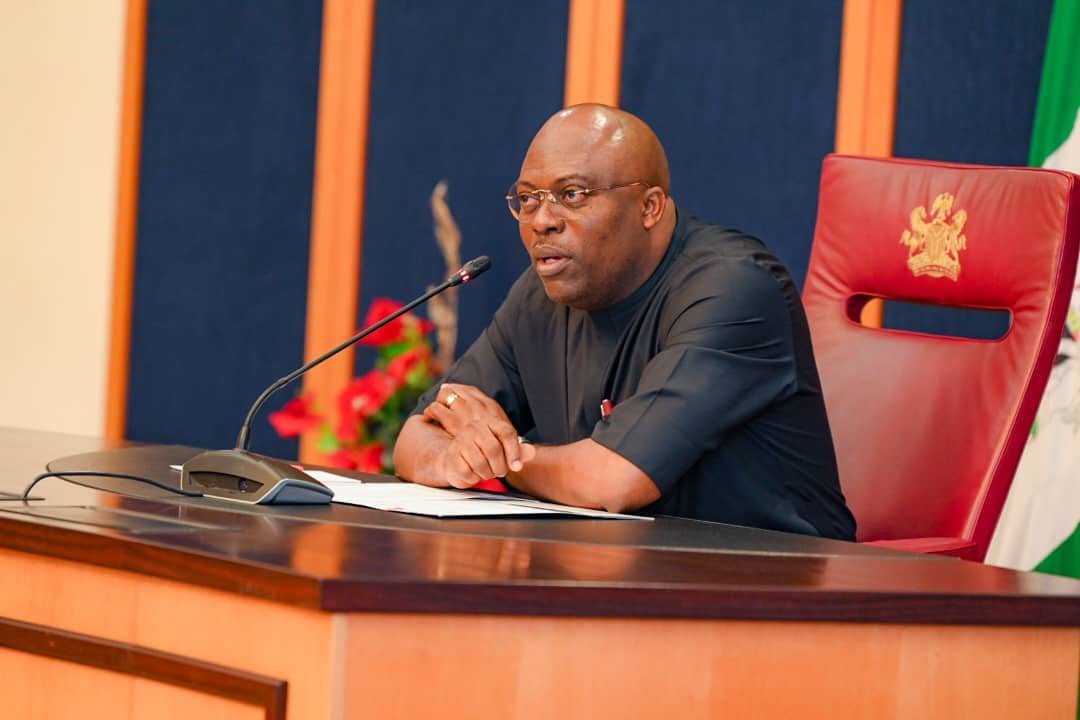It looked like a done deal between a Nigerian bank in need of funding and a U.S. private-equity firm keen to stump up the cash. But even after contracts were signed it fell apart, showing how tough the African nation can be for investors.
Milost Global Inc. said it penned an agreement in November to provide $1 billion of financing that would’ve given it 60 percent of Unity Bank Plc. Milost has now backed off, citing an unidentified “politically connected” shareholder who threatened the investor’s Nigerian interests if it
pursues the deal. The Lagos-based lender has denied that the documents were binding and said it had nothing to do with the threats.
The transaction failed as President Muhammadu Buhari wants to make it easier for businesses to operate in Africa’s most populous nation, which ranks 145th out of 190 countries in the World Bank’s ease of Doing Business index. While Milost is still weighing other opportunities in Nigeria, it sends a warning to other investors.
“The message we get from clients is that even though the Nigerian government is outwardly pro-investment, in practice foreign investors don’t always receive a warm welcome,” said Matthew Kindinger, an analyst at Washington-based Frontier Strategy Group, which advises multinational companies on their business strategies in emerging markets. “Nigeria is a very challenging environment. You get a lot of problems that you wouldn’t elsewhere.”
Unity Bank, formed 12 years ago out of the merger of nine banks and which last year missed a recapitalization deadline set by regulators, said in a statement on Thursday that it’s typical for documents to be exchanged between negotiating parties and the papers it signed only suggested the “terms and conditions on which Milost was planning to consider its possible participation in the capital funding of the bank.”
“It is for the Securities and Exchange Commission and the Nigerian Stock Exchange to investigate the truth,” Milost Chief Executive Officer Kim Freeman said by phone on Thursday. “They signed the term sheet and the commitment agreement. They are denying everything because they have been caught off guard” and failed to disclose the transaction to shareholders and the stock exchange, he said.
Milost, which was founded in 2015 according to its LinkedIn profile, has $25 billion in committed capital with interests spanning from cannabis to mining and oil, according to its website.
Culled from Bloomberg










